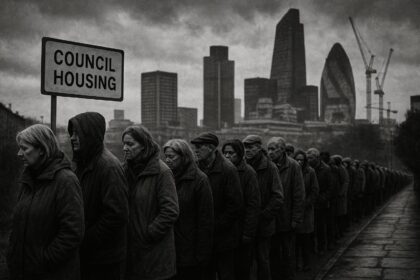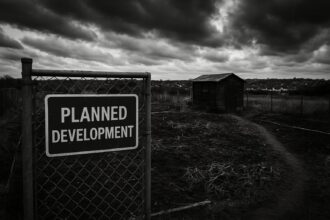Kate Forbes has been appointed as Scotland’s new deputy first minister, sparking debate over her conservative views on equality, as political shifts see SNP’s dominance challenged amid rising support for Labour.
Kate Forbes has been appointed as Scotland’s new deputy first minister by John Swinney, the current first minister. The appointment has sparked controversy, particularly from the Scottish Greens, due to Forbes’ conservative stance on equality issues, which they believe could undermine progress on LGBTQ+ rights in Scotland. Ross Greer, a prominent member of the Scottish Greens, voiced his disappointment, suggesting that Forbes’ conservative evangelical beliefs could lead to a regression in equality advancements.
Despite this opposition, figures within the Scottish National Party (SNP), such as Alyn Smith, have defended Forbes’ appointment, arguing that her faith should not be a barrier to her political involvement and acknowledging her history of advocating for progressive policies. The controversy highlights ongoing tensions within Scottish politics and raises questions about the commitment of SNP’s new leadership to equality issues.
In a broader political context, recent polling from Savanta indicates a shift in Scottish political allegiance, showing Labour overtaking SNP in Westminster voting intention for the first time. With Labour polling at 37% and SNP at 34%, this marks a significant change from previous years where SNP held a substantial lead. This shift comes as John Swinney, who recently replaced Humza Yousaf as First Minister, attempts to address SNP’s past challenges, including issues in education and public services, while maintaining the party’s focus on Scottish independence. The poll also illustrated a divided opinion on independence among Scottish voters, with a slight majority currently against it.
This changing political landscape is critical as Scotland approaches the UK general election, with SNP’s leadership under scrutiny and the party’s strategies and priorities potentially reshaping its future dominance in Scottish politics.













